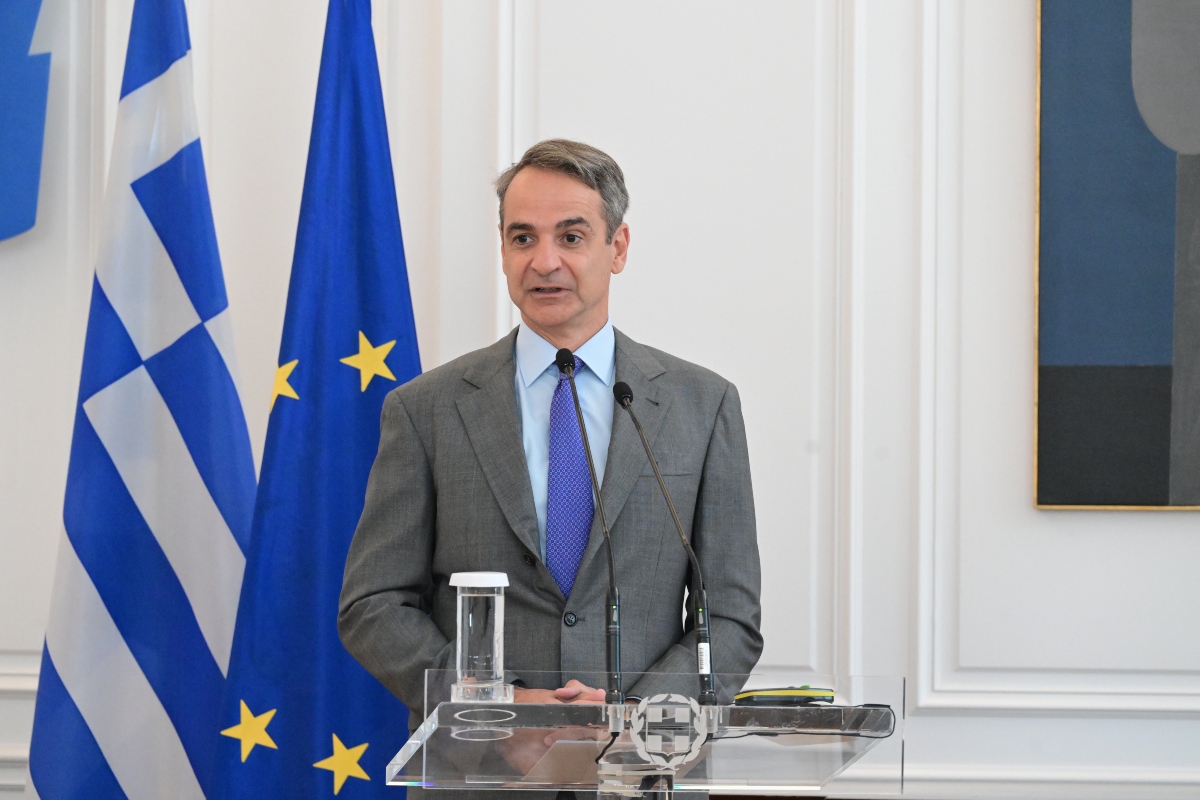Prime Minister Kyriakos Mitsotakis said on Wednesday he would like Greece to join Europe’s nuclear energy club, marking a dramatic shift for a nation with no nuclear power history.
Speaking at a conference co-organized by the Financial Times and Kathimerini newspaper, Mitsotakis declared that “Greece should be prepared to join the nuclear alliance.”
“This may come as a shock to some of those listening to us, given that Greece is a country that has no background or no experience in nuclear energy,” Mitsotakis said. “But when I look at the overall energy developments, I see no way for the world to get to carbon neutrality without nuclear.”
The announcement represents Greece’s first serious consideration of nuclear power as European nations increasingly view atomic energy as essential for achieving carbon neutrality goals while maintaining energy security.
Greece’s nuclear interest aligns with broader European trends. Spain has reopened nuclear discussions following widespread blackouts, while Denmark is considering lifting its 40-year nuclear ban. Even Germany, previously a fierce nuclear critic, appears to be aligning with France, the EU’s leading nuclear advocate.
The shift comes as more than 30 countries pledged during the 2023 COP28 climate summit in Dubai to triple global nuclear capacity by 2050 to meet Paris Agreement climate targets. The European Investment Bank opened nuclear project funding last year, and the World Bank recently lifted its 1959 nuclear financing ban.
Mitsotakis emphasized particular interest in small modular reactors (SMRs) and emerging nuclear technology that offers greater flexibility and safety features than traditional large-scale plants.
“I see very interesting developments in nuclear development,” he said. “I’m not saying we’re going to do anything the next day, but at least I want us to be part of the conversation.”
According to Deputy Energy Minister Nikos Tsafos, Greece could integrate nuclear power through long-term agreements with connected markets like Bulgaria or Romania, or by installing small reactors domestically through state utility PPC or competitive tenders.
The prime minister also suggested nuclear technology could benefit Greece’s crucial shipping sector within 10-15 years, proposing working groups with the maritime community to explore nuclear-powered vessels.
Currently, Greece generates over 50% of its electricity from renewables, with only 5% from coal, primarily used as backup power. The country aims to increase renewable penetration, particularly offshore wind and solar with enhanced storage capacity.
Source: pagenews.gr
